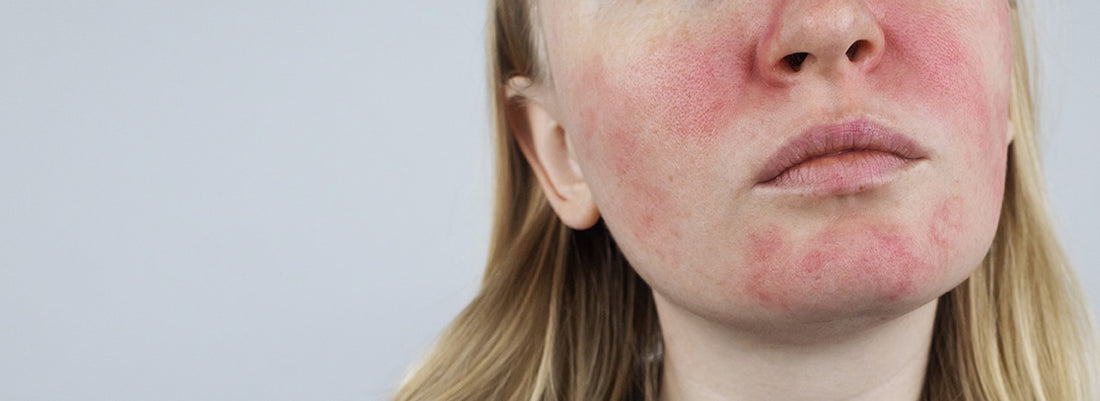The signs of caffeine intoxication include a reddened flushed facial appearance commonly associated with rosacea, nervousness, a feeling of restlessness, a rapid irregular heart rate, gastrointestinal upset or related issues, and anxiousness, a sense of excitement, a rambling speech pattern, sleeplessness and muscle twitching. Caffeine intoxication may also result in physical or mental distress or impair the caffeine drinker's ability to function. The diagnosis of caffeine intoxication would apply to anyone who experiences at least five of these symptoms during or shortly after consuming caffeinated products. Caffeine is currently the most commonly used, behaviorally modifying drug in the world. Caffeine laced products are invading every aspect of our daily dietary intake. Caffeine is found not only in the traditional sources of coffee, tea, sodas, and chocolate, but it is an added ingredient in cold and headache medications, energy and alcoholic beverages, and even water.
While caffeine does have some benefits in moderation it can make us feel more alert or energetic, it can reduce the risk of some types of cancer, but there is always the risk of too much. Symptoms of caffeine withdrawal include headaches, fatigue, difficulty concentrating, insomnia, and mood swings.

